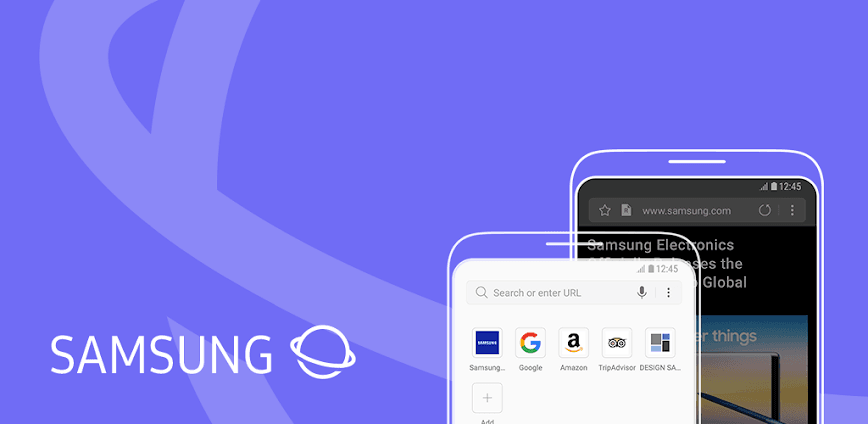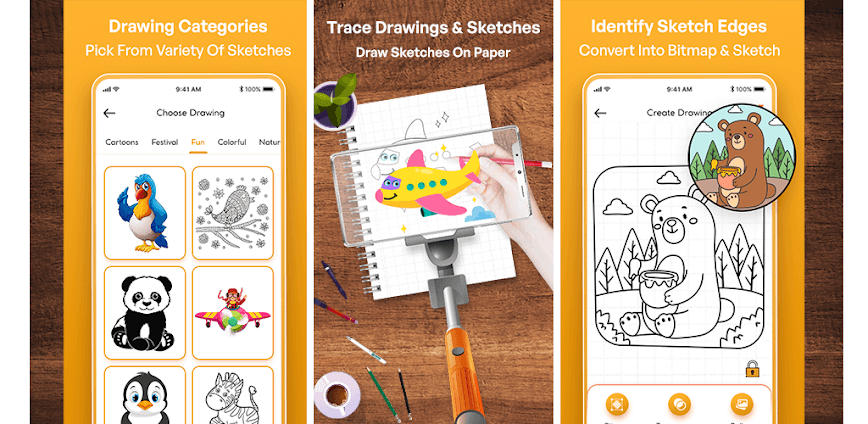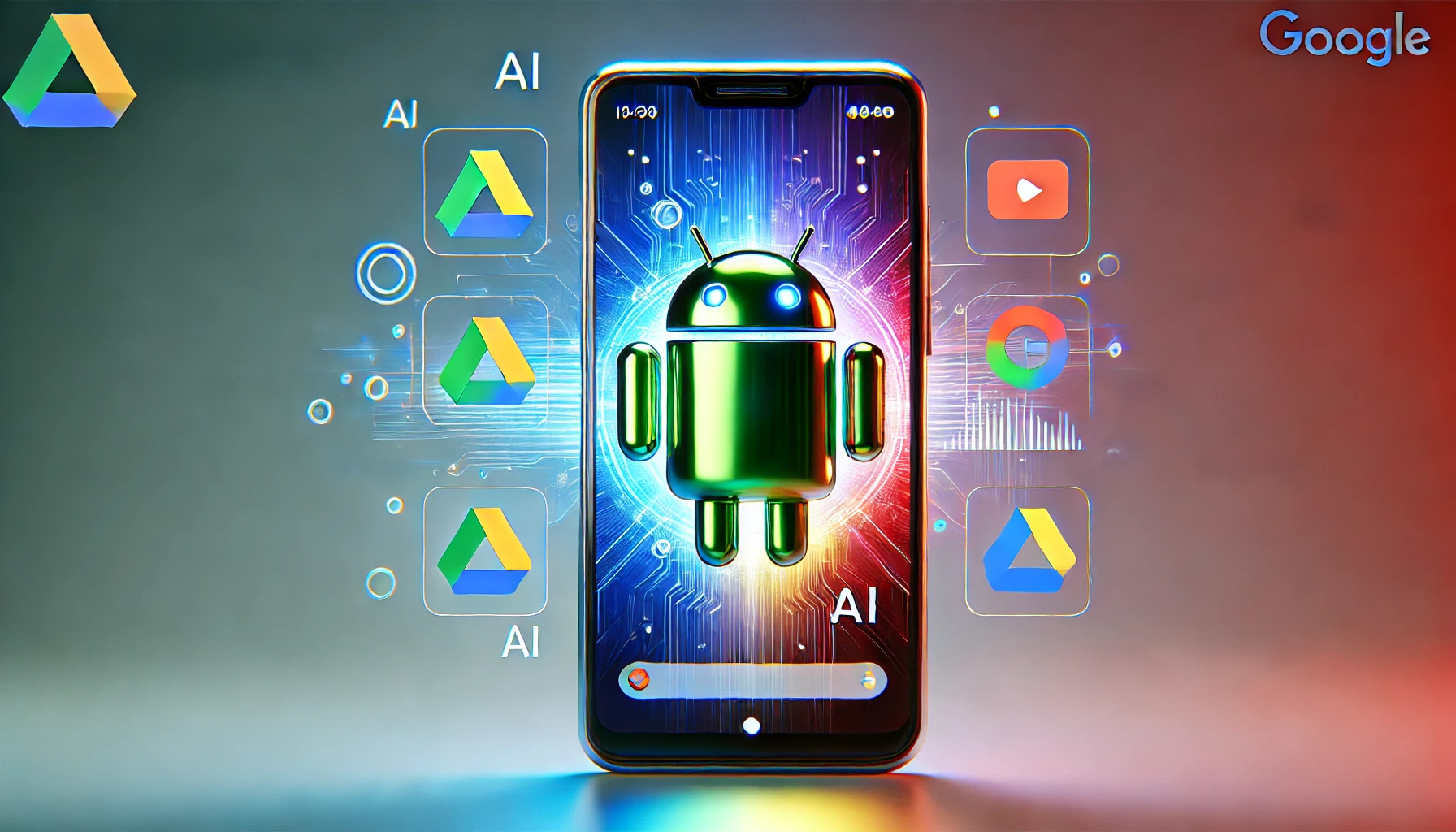Recent Developments in WhatsApp’s AI Chatbot Integration
March 10, 2025
Recent Developments in WhatsApp’s AI Chatbot Integration
WhatsApp, a leading global messaging platform, has been progressively integrating artificial intelligence (AI) to enhance user experience. These advancements aim to provide more personalized, efficient, and interactive communication within the app.Introduction of Meta AI Assistant
In April 2024, WhatsApp introduced an AI-powered “Smart Assistant” known as Meta AI. This feature allows users to ask questions and perform tasks such as generating images directly within their chats. Based on the LLaMa 3 model, Meta AI is also integrated into other Meta platforms like Facebook and Instagram. This development signifies a significant step towards incorporating AI-driven functionalities across Meta’s suite of applications.

Enhanced Personalization with Memory Feature
By January 2025, Meta expanded the capabilities of its AI assistant by introducing a memory feature. This enhancement enables the AI to remember user preferences and interests, thereby providing more accurate and personalized recommendations. For instance, if a user mentions they are vegan, the AI will tailor future responses to accommodate this dietary preference. This feature is available on WhatsApp, as well as Facebook and Messenger, for users in the US and Canada.
User Feedback and Adjustments
The rollout of Meta AI has received mixed reactions from users. Some have found the new features disruptive and unnecessary, expressing frustration over the AI’s presence during searches and conversations. To address these concerns, WhatsApp has provided an option to disable the Meta AI button. Users can navigate to Settings > Chats > Show Meta AI button and turn the toggle off to remove the feature from their interface. This approach allows users to customize their experience according to their preferences.
Voice Interaction and Visual Recognition
In September 2024, Meta unveiled advancements in its AI capabilities, enabling the AI to communicate using celebrity voices and providing visual recognition abilities. This update allows users to interact with the AI vocally, with responses delivered in the voices of famous personalities like Judi Dench and John Cena. Additionally, Meta AI can interpret and edit sent photos, incorporating users’ faces into AI-generated images. These features are part of Meta’s efforts to enhance user engagement and interactivity across its platforms, including WhatsApp.
Integration with Third-Party AI Services
WhatsApp has also been exploring integrations with third-party AI services to diversify its chatbot functionalities. For instance, OpenAI introduced a feature allowing users to interact with ChatGPT via phone calls and WhatsApp, aiming to increase accessibility and provide more dynamic conversational experiences. This integration reflects WhatsApp’s commitment to leveraging external AI innovations to enrich its platform.

Conclusion
WhatsApp’s continuous integration of AI technologies demonstrates its dedication to enhancing user experience through personalized and interactive features. While these advancements offer numerous benefits, user feedback remains crucial in refining and optimizing AI functionalities to ensure they align with user preferences and expectations.















